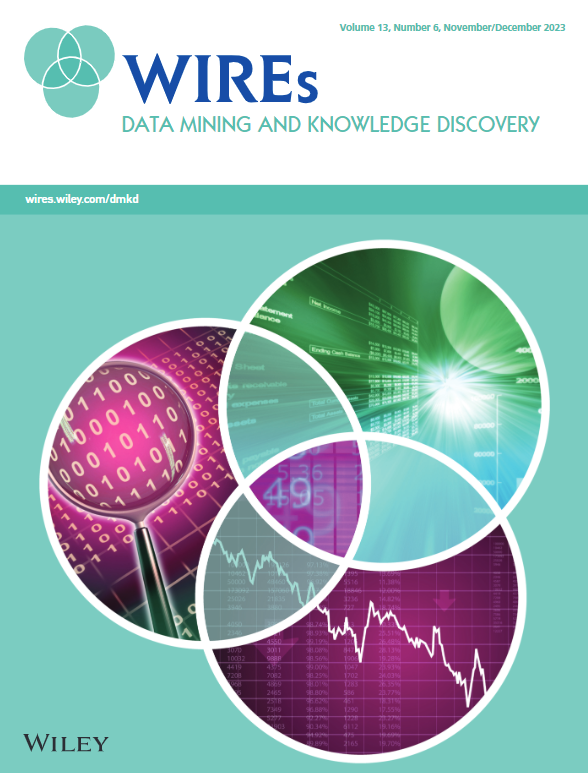A comprehensive review on Arabic word sense disambiguation for natural language processing applications
IF 11.7
2区 计算机科学
Q1 COMPUTER SCIENCE, ARTIFICIAL INTELLIGENCE
Wiley Interdisciplinary Reviews-Data Mining and Knowledge Discovery
Pub Date : 2022-01-18
DOI:10.1002/widm.1447
引用次数: 7
Abstract
In communication, textual data are a vital attribute. In all languages, ambiguous or polysemous words' meaning changes depending on the context in which they are used. The ability to determine the ambiguous word's correct meaning is a Know‐distill challenging task in natural language processing (NLP). Word sense disambiguation (WSD) is an NLP process to analyze and determine the correct meaning of polysemous words in a text. WSD is a computational linguistics task that automatically identifies the polysemous word's set of senses. Based on the context some word comes into view, WSD recognizes and tags the word to its correct priori known meaning. Semitic languages like Arabic have even more significant challenges than other languages since Arabic lacks diacritics, standardization, and a massive shortage of available resources. Recently, many approaches and techniques have been suggested to solve word ambiguity dilemmas in many different ways and several languages. In this review paper, an extensive survey of research works is presented, seeking to solve Arabic word sense disambiguation with the existing AWSD datasets.阿拉伯语词义消歧在自然语言处理中的应用综述
在通信中,文本数据是一个至关重要的属性。在所有的语言中,歧义或多义词的意思都是根据使用它们的上下文而变化的。在自然语言处理(NLP)中,确定歧义词的正确含义的能力是一项具有挑战性的任务。词义消歧是一种分析和确定文本中多义词正确含义的自然语言处理过程。WSD是一项计算语言学任务,可以自动识别多义词的词义集。根据上下文,WSD识别并标记该词的正确先验已知含义。像阿拉伯语这样的闪族语言比其他语言面临更大的挑战,因为阿拉伯语缺乏变音符、标准化和大量可用资源的短缺。近年来,人们提出了许多解决歧义困境的方法和技术,这些方法和技术以不同的方式和不同的语言出现。在这篇综述文章中,广泛的调查研究工作是提出,寻求解决阿拉伯语词义消歧与现有的AWSD数据集。
本文章由计算机程序翻译,如有差异,请以英文原文为准。
求助全文
约1分钟内获得全文
求助全文
来源期刊

Wiley Interdisciplinary Reviews-Data Mining and Knowledge Discovery
COMPUTER SCIENCE, ARTIFICIAL INTELLIGENCE-COMPUTER SCIENCE, THEORY & METHODS
CiteScore
22.70
自引率
2.60%
发文量
39
审稿时长
>12 weeks
期刊介绍:
The goals of Wiley Interdisciplinary Reviews-Data Mining and Knowledge Discovery (WIREs DMKD) are multifaceted. Firstly, the journal aims to provide a comprehensive overview of the current state of data mining and knowledge discovery by featuring ongoing reviews authored by leading researchers. Secondly, it seeks to highlight the interdisciplinary nature of the field by presenting articles from diverse perspectives, covering various application areas such as technology, business, healthcare, education, government, society, and culture. Thirdly, WIREs DMKD endeavors to keep pace with the rapid advancements in data mining and knowledge discovery through regular content updates. Lastly, the journal strives to promote active engagement in the field by presenting its accomplishments and challenges in an accessible manner to a broad audience. The content of WIREs DMKD is intended to benefit upper-level undergraduate and postgraduate students, teaching and research professors in academic programs, as well as scientists and research managers in industry.
 求助内容:
求助内容: 应助结果提醒方式:
应助结果提醒方式:


